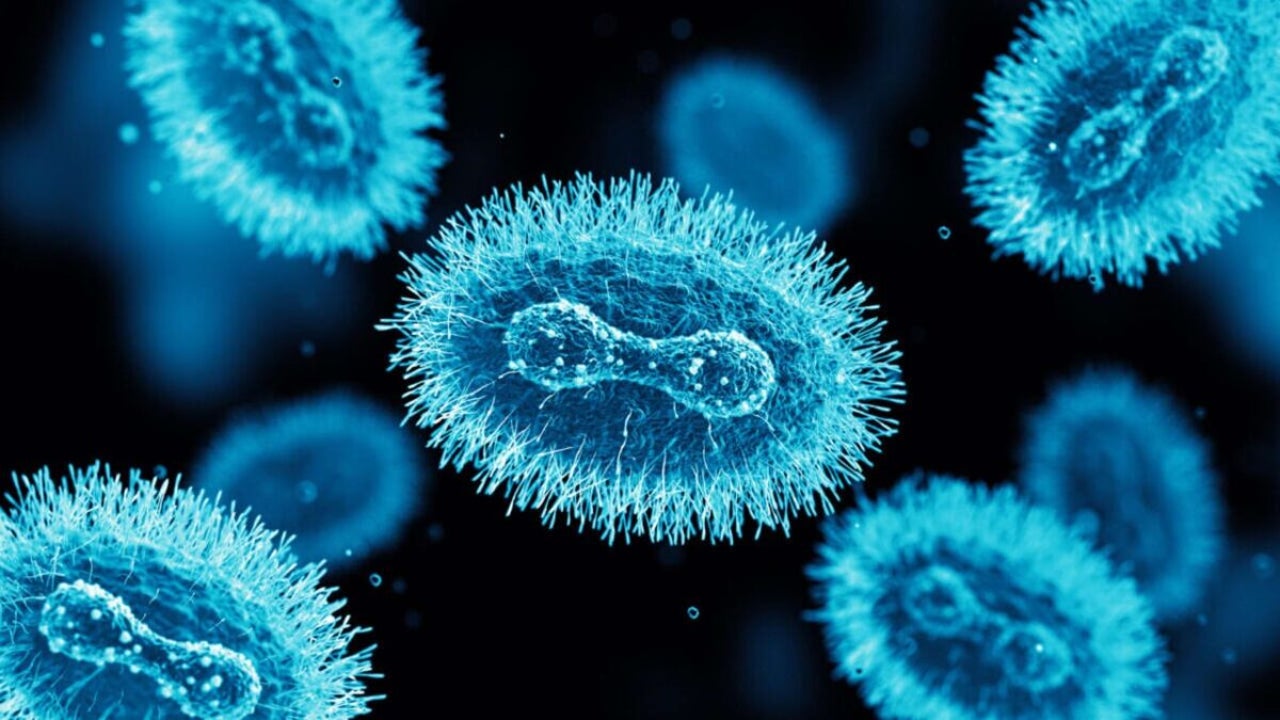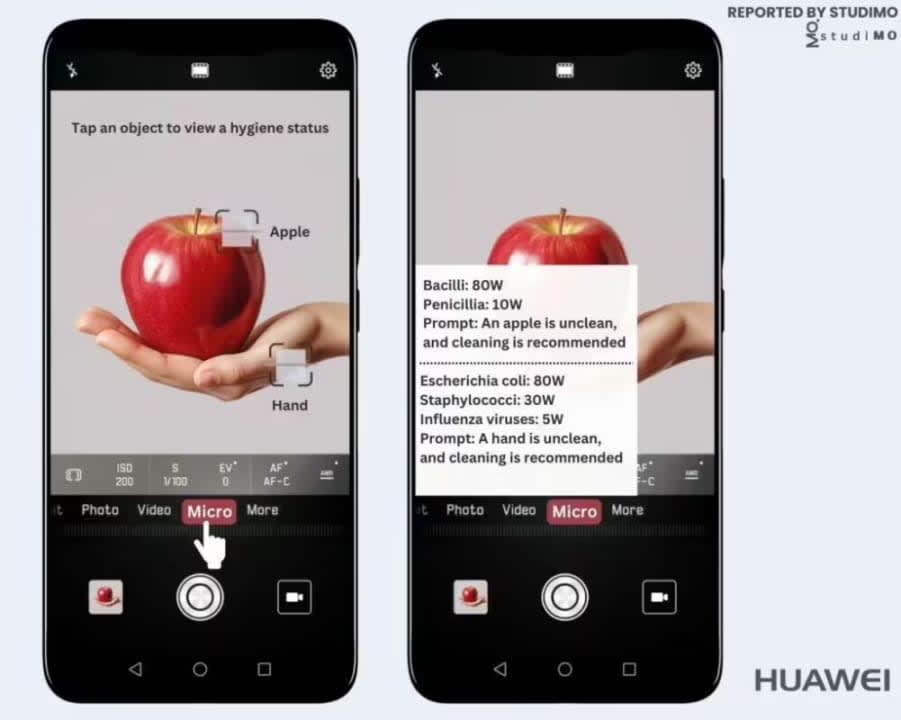News
Huawei has patented a microscopic sensor to detect microorganisms using smartphones
A sensor with up to 400x magnification to detect potential pathogens.

- October 13, 2023
- Updated: July 2, 2025 at 12:58 AM

There is no doubt that the pandemic we have experienced in recent years has brought about significant changes in certain everyday aspects. For this reason, Huawei has worked on patenting a sensor for its smartphones that, with microscopic capabilities, will be able to detect pathogenic organisms such as bacteria or viruses through the camera.
It’s quite understandable that China, the nation where SARS-CoV-2 established itself as the “ground zero”, has also become a place where technology focuses on preventing such events from recurring. However, at this point, it’s just a patent, and it might still take some time before Huawei showcases this technology in a new smartphone.
How will this microscope work
This microscope sensor, with a capacity of up to 400 magnifications, would be capable of detecting all kinds of microorganisms at a distance of 5 millimeters. It would be a great tool for preventing possible infections and epidemic seasons. Thus, any Huawei user will have a useful tool in their pocket to avoid contagion.
Additionally, the sensor will come with an integrated database that will break down the various pathogens it detects on different surfaces. All of this will be accompanied by advice tailored to the presence of these organisms, such as recommending cleaning an apple before consuming it or washing hands before handling food.

The camera sensor will be able to detect the presence of organisms.
Prevention as the foundation of health
One of the foundations for enjoying good health lies in prevention. Without taking it to obsessive and mentally harmful limits, it is good for technology to advance in beneficial ways for the user. In fact, Huawei is not a pioneer in this technology, as brands like Oppo and Realme already have phones with this technology, although the capacity of their sensors does not exceed 60 magnifications, far from the 400 of Huawei’s new patent.
Food safety, in this way, would take a new step if these technologies were to be implemented widely in mobile devices. It is evident that not all phones, due to budget constraints, could implement it without abandoning their price segment, but technologies with these capabilities will capture the attention of many users.
Graduated in Journalism, Daniel specializes in video games and technology, currently writing for Andro4all and NaviGames, and having written for more Difoosion portals such as Alfa Beta Juega or Urban Tecno. He enjoys staying up-to-date with current affairs, as well as reading, video games, and any other form of cultural expression
Latest from Daniel García
You may also like
 News
NewsAt Capcom, they are worried about Resident Evil 9: Requiem: they are very scared making it
Read more
 News
NewsStar Wars could have a significant change of setting for its next movie, if the casting is not misleading us
Read more
- News
Quentin Tarantino returns to theaters with the definitive version of one of his most underrated films
Read more
 News
NewsLeonardo DiCaprio pays a heartfelt tribute to Jane Goodall, the recently deceased primatologist
Read more
 News
NewsIf you want strong emotions and a political thriller like the ones that are no longer made, we have the movie for you
Read more
 News
News'Toy Story 5' will not be a story about Woody and Buzz, but about another unexpected character
Read more